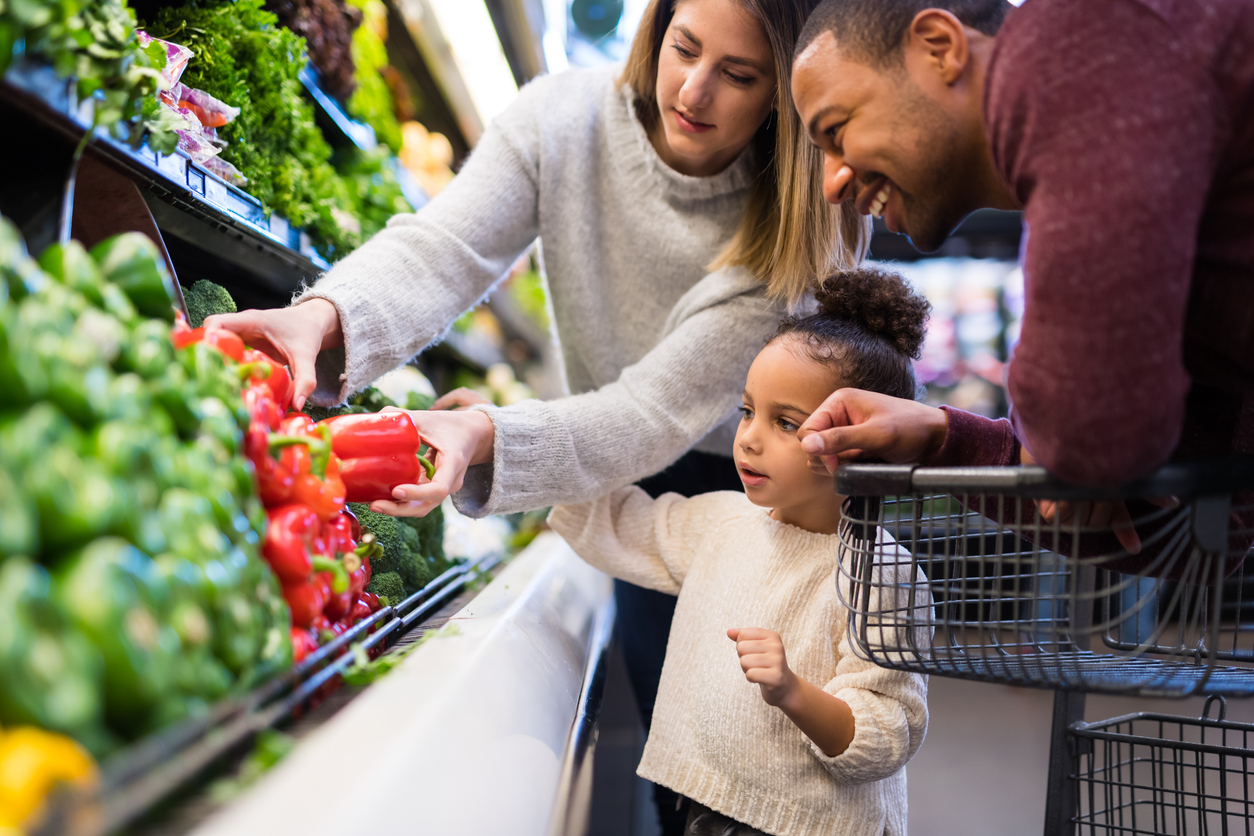Consumers – in other words all of us who eat – want ethical food but we are confused. The reason is simple – there are no laws around what you can call sustainable or ethical.
Food companies are allowed to base their claims on data or criteria that they choose – and we are left to try and figure out whether it’s ethical enough for us.
Perhaps an item’s carbon footprint has been measured to tell you this is sustainable. But how much of the footprint are they really calculating? It’s up to them. Most don’t measure the carbon footprint of transport or storage, for example – and that can be up to 90% of an item’s carbon emissions.
If an Easter egg was made with zero deforestation, what about child labour? There’s no label that will tell you. How about the pesticides that were used to produce that cocoa – are they banned as unsafe in Europe and the UK?
Or the sugar – was it produced on stolen land?
OmniAction’s community of experts from all around the world have come up with the solution and we’ve just published it. It’s the Charter of Global Food Impacts.
Here are five fat myths of ethical food that we managed to explode along the way.
1/ Consumers don’t care about sustainable or ethical diets
More than 400 labels in Europe alone, with more appearing every day, tells us food companies know very well that consumers care. From discounters like Lidl and Aldi all way through to high-end chains, sustainability claims are being made from one end of the shop to the other. Food retailers receive emails and tweets every day from customers asking about sustainability.
Even if we sometimes buy food we’re not sure is healthy for us, it’s unthinkable we’d be glad that a product was produced by slaves, and child slaves in particular, or that someone’s land was stolen to grow that food.
2/ The food companies don’t care and want to keep greenwashing
Not so. There is lots of regulation coming along which means big companies need to report on their climate impact, can only make reasonable claims about sustainability, and have to take responsibility for the ethics of their whole supply chain.
Every company is under pressure to present their ethical credentials, known as ESG (environmental, social and governance). Banks and investors view ethical companies as less risky and prefer to lend to them.
3/ Measuring carbon equals sustainability reporting
Net Zero refers to all man-made greenhouse gas emissions. More than carbon needs to be measured, although half the food system’s greenhouse gas emissions are carbon dioxide, mainly from land use change and energy.
One third of the food system’s greenhouse gases are methane, from livestock, rice production and waste management, largely. Most of the rest is emitted as nitrous oxide from nitrogen fertilisers.
Man-made fluorinated gases, used in refrigeration, are increasing. Emissions from the retail sector are three times higher than in 1990.
Biodiversity loss, land use, water scarcity, and soil degradation all need to be measured too.
We also need to know what we are putting in our bodies, whether it is safe to eat and how nutritious it is.
And we need to make sure that the people producing our food can afford to eat themselves. We need to know that their land rights and labour rights have been respected.
4/ Collecting the data is very difficult
Nope. At the moment, we don’t have a framework that tells us what to ask of the data. That’s what OmniAction’s charter solves. Now, it’s possible to literally compare apples with apples – and this hasn’t been done properly before.
The databases and the software are all available to capture the right data and turn it into a label that is easy for consumers to understand at a glance.
5/ Getting this right will take a long time
Definitely no. We are in hurry. The latest IPCC report on climate change mentioned food 350 times – as fellow inhabitants of Planet Earth, we all need food to be fixed and fast.
OmniAction’s community includes lots of young data scientists and specialists who say we have to start with what we have. There’s no time to waste. As the data improves, we’ll start using it. OmniAction’s framework will be constantly updated as the hive mind comes across new solutions.
But we need to start applying the framework. The data, the software, consumer will, and global agreement are all in place – there is no reason to delay.
How can we be so sure? OmniAction’s community includes hundreds of specialists from every corner of the system and all over the world. Every week they uncover fresh solutions to make the food system better.
- Take a look at the Charter of Global Food Impacts to see what we mean.
- Join the community by signing up here.
If you have any new data or research we should be including in our Charter, please do email it to lise@omniaction.org


